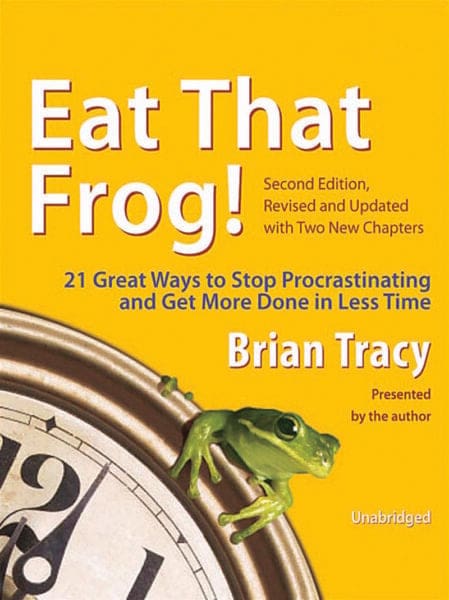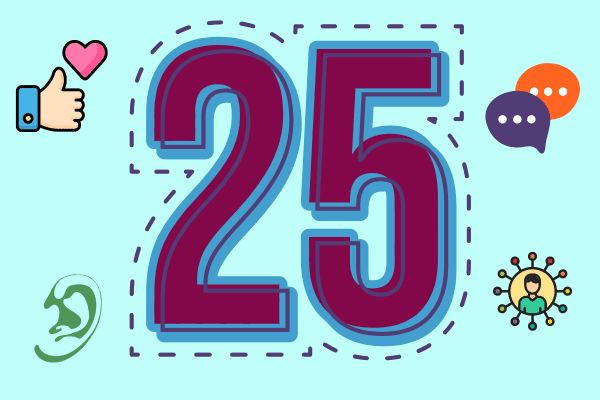Self-Help Books on the Rise
From 2013 to 2019, the number of self-help books on sale tripled from 30,897 to 85,253, according to the NPD Group – a $500m US research company. That’s a lot of help we are needing! But with so many books all wanting to share their secrets for financial success, a happy life and the path to Utopia, should we read them and if so, which ones? How can you make self-help books work for you?
Each self-development book is about 60,000 words. Given an average reading speed of 225 words per minute, a book will take just under five hours to read. If we started at 9am, stopped for an hour for lunch and a couple of short breaks, we’d finish at 3.30pm. That’s a large chunk of anyone’s day. Worth the time? It depends on whether you read for pleasure and enjoy it, in which case, yes.
Three Steps to Make Self-Help Books Work for You
If you are reading the self-help book for a reason – inspiration, or how to manage people – then the answer lies in whether you know what you want. And that’s where we need to start with the first of our three steps.
Step One
what behaviour do you want to change by reading this book? ‘I want to be better at time management’ just won’t cut it because the topic is too big. ‘I want to stop procrastinating’ is a better topic because it’s more focused. Be specific – think rifle, not shotgun, when you are choosing a self-help book. Have a problem in mind that you want this book to solve. For example, I read ‘Eat that Frog’ by Brian Tracy because I wanted to stop procrastinating.

Step Two
Write down the behaviour you want to change, because it will bring it to life. For example, on my to-do list each day I will highlight the worst and biggest task and do that first by writing an ‘A1’ against it.
Sticky Learning ® is 7 times more effective than 1-day training courses. Plus, you will get a Chain of Evidence proving your Return on Investment. Discover soft skills training that changes behaviours long term.

Step Three
Remind yourself every day until the behaviour becomes habit, which means doing it 21 times. I was all for keeping a frog in my office, but my wife disagreed, so I sufficed with a big picture of one on my office wall.
These three steps will change your behaviour and make reading the self-help books worthwhile. While we are on the topic, I also recommend ‘Think and Grow Rich’ by Napoleon Hill for focusing on a goal; ‘How to Win Friends and Influence People’ by Dale Carnegie for how to get people to do what you want; and ‘Made to Stick’ by Chip and Dan Heath for how to get ideas to stick and go viral.
This article was written by Darren A. Smith for The Grocer.




